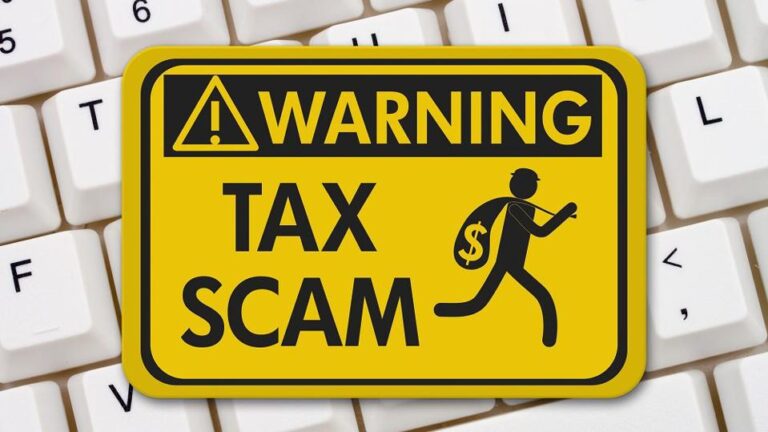
If we Americans are sufficiently stupid to keep believing that a tax on a corporation is a tax on the super-rich – or even the plain old fashion rich – then you deserve what you get.
The complaint about corporations not paying their fair share of taxes is a common mantra among Democrats and the left-wing political infrastructure. (I decided to use the word “infrastructure” since Democrats have expanded the meaning to cover every aspect of life.)
The New York Times (of course) has just published the latest explanation of how a tax on a corporation is a tax on the one-percenters who have too much money. The only problem is that the Times report is mostly bovine byproduct. Of course, it is wrapped in very academic terms – studies, professors, economists, etc. In other words, ivy league bullshit. (I know it is now permissible to use such a graphic term since I heard CNN’s Don Lemon recently use the word on-air without the bleep.)
A column by the Times’ David Leonhardt was headlined with the question and answer: “What’s the No. 1 reason taxes on the very wealthy have declined? The fall in corporate taxes.”
Before we explore why that answer is totally wrong, you need to keep in mind that taxes on the wealthy individual and taxes on a corporation are TOTALLY different. You can tax the wealth and income of a rich person – a subject worthy of debate — but not through a corporate income tax. A corporate tax is merely an added expense of the business that is eventually passed on to the consumer – you and me. So, remember this rule.
A TAX ON A CORPORATION IS ESSENTIALLY A REGRESSIVE TAX ON THE CONSUMER.
The Times article noted that when Frederick Smith was CEO of FedEx — and presumably a very rich guy –FedEx paid no corporate income tax last year. According to Times thinking, that made Smith personally a richer person. Not so. The two issues are unrelated.
There is no evidence that Smith or any of the major officers of FedEx get pay cuts when the Company gets a tax increase. As far as I can tell, no tax on a major corporation – or even smaller businesses – has resulted in a loss of income for the owners or major executives – or even the vast majority of employees. Even in the smallest Subchapter S (mom and pop) corporation, the price charged for goods or services has to cover ALL costs (including taxes) and then provide a profit atop that.
If a corporation temporarily does not pass the tax increase to the buyer, they balance the new expense by reducing employment at the lowest levels – again hurting the little guy (or gal).
According to the Times, “The biggest tax boon for the wealthy has been the sharp fall in the corporate tax rate.” In logic, this fallacy is known as cum hoc ergo propter hoc – facts may be coincidental without being causally related.
The Times article relies on two additional fallacies. Leonhardt writes: “Corporate taxes are such an important part of the overall taxes paid by the wealthy because much of their holdings tend to be stocks.”
First, millions of workers own stock through their retirement programs and their investments in mutual funds. And thanks to such online stock services as Schwab and Robinhood – and fractional purchases of stocks — millions of Americans are becoming direct owners of stocks.
More egregiously, the Times fails to understand that profits from stocks – known as capital gains – are taxed DIRECTLY to the individual, NOT through the corporation. Since taxes can hurt the profitability of a company (ergo its stock value), it is fair to argue that a corporate tax impacts negatively on all those retirement funds – and the poor working stiffs who hold those retirement accounts.
Leonhardt circles around to the same argument by writing:
“But one part of the criticism is pretty clearly inconsistent with the facts: The long-term decline in corporate taxes doesn’t seem to have provided much of a benefit for most American families.”
No David, that is not true. The criticism is not “inconsistent with the facts.” The lower the corporate taxes, the lower the cost of goods and services. And that is good for ALL consumers – ESPECIALLY the lowest income. A person’s purchasing power is affected by both income AND cost of goods. Lower taxes, lower prices.
President Biden promises not to increase the taxes on anyone making less than $400,000. That makes his multi-trillion-dollar proposals impossible to fund without printing more money (inflation tax) or borrowing more (blowing the lid off the already crushing national debt). The proposal to increase the corporate tax is nothing less than a backchannel means of taxing every American – hitting the hardest on the poorest.
So, there ‘tis.
The only way to get Corps to pay taxes is to eliminate the Corp tax laws. Otherwise, the tax is paid buy consumer through increased product costs. You can raise the tax to 100% on corps, they will not pay more than they are today.
In order to remain competitive with their competition, they will move the headquarters off shore.
Biden has two “S” corps to send income to, to avoid medicare and other taxes. I bet most of the high rollers and elected officials do the same.
A good example is fuel prices.
No Prescription Needed International
Comments are closed.